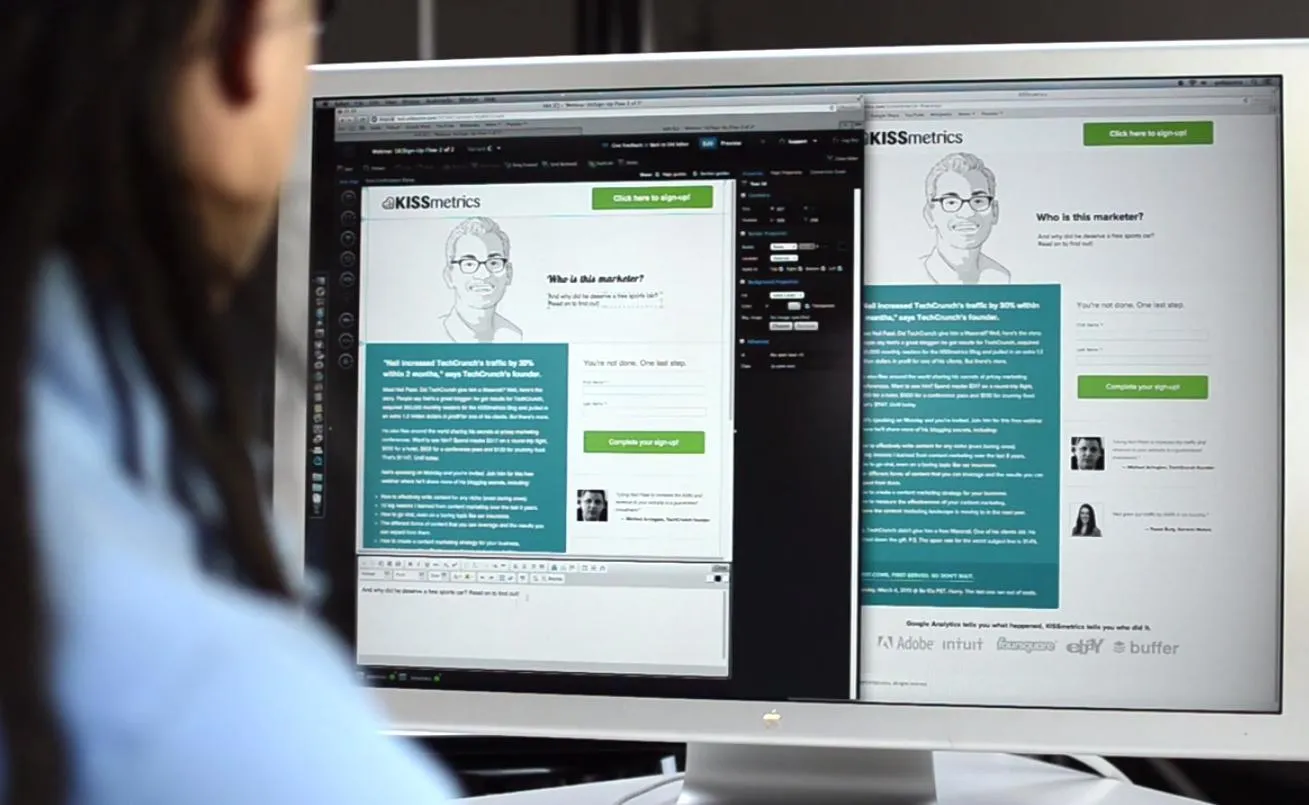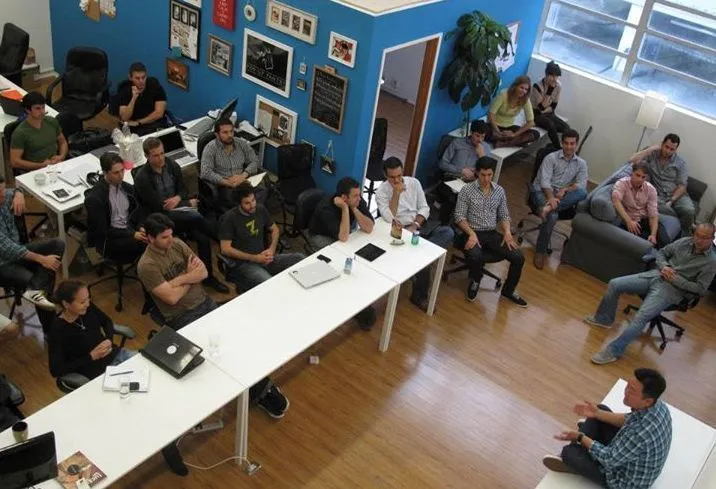Connecting Google Sheets to Notion can significantly enhance your productivity by allowing you to manage and visualize your data more effectively. In this guide, we'll walk you through the steps required to set up this integration, enabling you to streamline your workflow. Whether you're a marketer analyzing your referrerAdCreative campaigns or a project manager tracking team performance, this integration can elevate your data management game.
Understanding the Integration Options
Before diving into the connection process, it’s essential to understand the different ways you can integrate Google Sheets with Notion. The primary methods include:
- Using third-party automation tools like Zapier or Integromat
- Manual import/export of data
- Utilizing Notion's API for custom solutions
Each method has its advantages, depending on your specific needs. For instance, if you're regularly updating data related to your referrerAdCreative campaigns, an automated solution might save you time and reduce the potential for errors.
Method 1: Using Zapier for Automation
Zapier allows you to automate workflows between Google Sheets and Notion without any coding skills. Here’s how to set it up:
- Create a Zapier Account: If you don’t have one, sign up for free at the Zapier website.
- Choose Your Trigger: Select Google Sheets as your trigger app and choose an event such as "New Spreadsheet Row." This event will initiate the connection whenever a new entry is added to your Google Sheet.
- Connect Your Google Account: Authorize Zapier to access your Google Sheets account.
- Set Up Your Action: For the action app, select Notion. You can configure it to create a new database entry in Notion whenever a new row is added to your Google Sheet.
- Map Your Data: Map the fields from Google Sheets to your Notion database properties, ensuring that all relevant data, especially those related to referrerAdCreative, are included.
- Test Your Zap: Run a test to ensure everything is working correctly, and then activate your Zap.
Once set up, this method will automatically sync data, making it a great choice for marketers who need real-time updates on their campaigns.
Method 2: Manual Import/Export
If you prefer a more hands-on approach, manually importing or exporting data is a viable option. Here’s how to do it:
- Export from Google Sheets: Open your Google Sheet and click on “File,” then navigate to “Download.” Choose the format that best suits your needs, such as CSV or Excel.
- Import into Notion: In Notion, create a new page or open an existing database. Click on the “Import” option and select the file you just downloaded. Follow the prompts to complete the import.
This method is straightforward and effective for one-time transfers, especially when working with smaller datasets related to your referrerAdCreative analysis.
Method 3: Utilizing Notion's API
For those comfortable with coding, Notion's API provides a powerful way to connect Google Sheets to Notion programmatically. This allows for a highly customized integration tailored to your specific needs:
- Set Up API Access: First, you need to create an integration in Notion and obtain an API key. Make sure to share your Notion database with this integration.
- Write Your Script: Using a programming language like Python or JavaScript, write a script that fetches data from Google Sheets API and sends it to your Notion database via the Notion API.
- Schedule Your Script: Use a task scheduler like cron (for Unix-based systems) or Task Scheduler (for Windows) to run your script at regular intervals, ensuring your data is always up-to-date.
This method is the most flexible and powerful, allowing you to automate complex workflows and handle larger datasets related to your referrerAdCreative initiatives.
Best Practices for Maintaining Your Connection
Once you've established your connection between Google Sheets and Notion, here are some best practices to keep in mind:
- Regular Updates: If you're using manual methods, make a habit of updating your data regularly to avoid discrepancies.
- Data Validation: Ensure that the data being synced is accurate and validated, especially for critical metrics related to your referrerAdCreative campaigns.
- Backup Your Data: Regularly back up your Google Sheets and Notion data to avoid any loss in case of errors or issues.
By following these best practices, you'll be able to maintain a seamless integration between Google Sheets and Notion, enhancing your productivity and allowing for better data-driven decision-making.
Conclusion
Connecting Google Sheets to Notion can streamline your workflow, especially for managing data related to your referrerAdCreative campaigns. Whether you choose to automate with Zapier, import manually, or utilize the API for a customized solution, the options are plentiful. By integrating these two powerful tools, you can enhance your data visualization and management capabilities, ultimately leading to better outcomes for your projects and campaigns.





